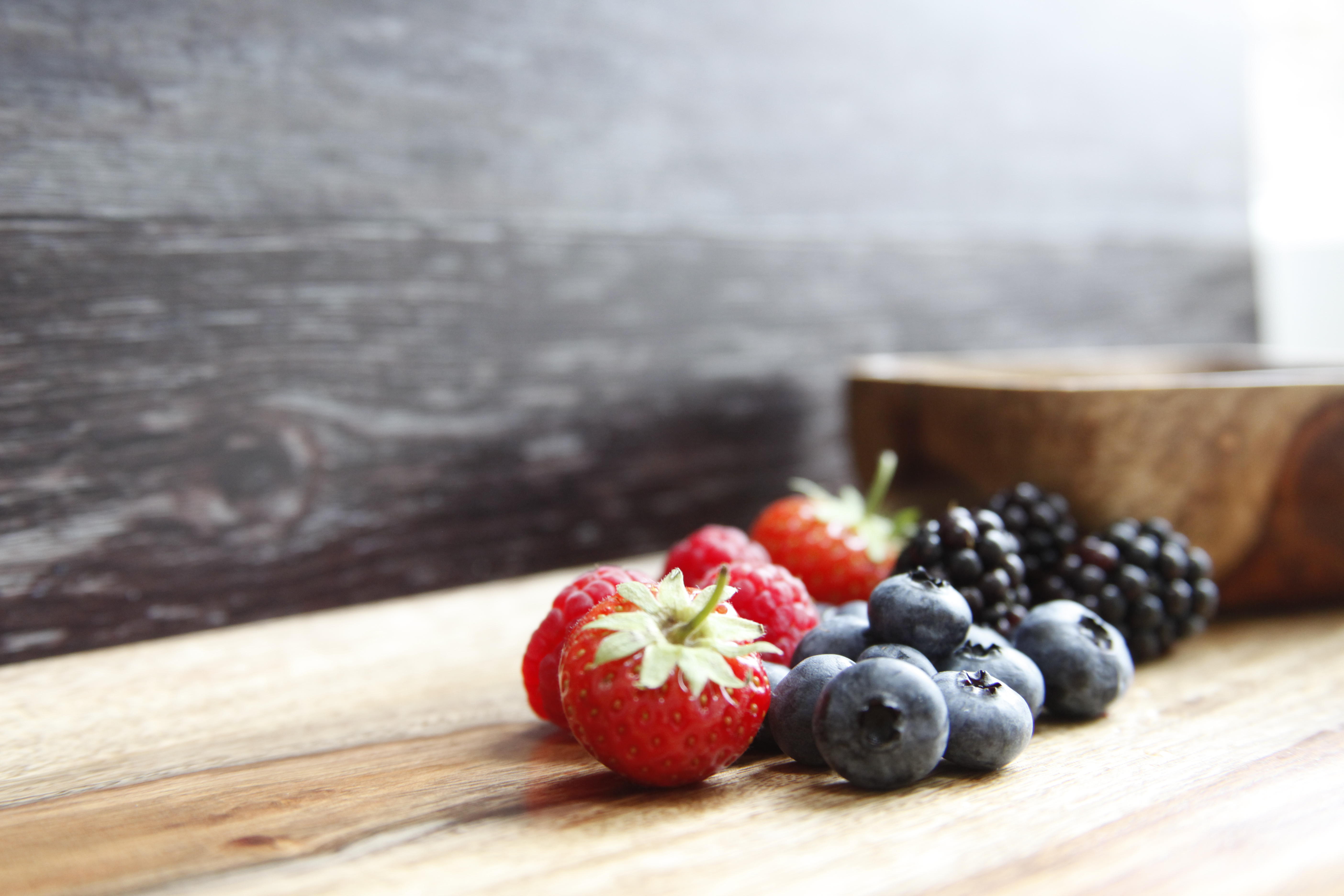Your support helps us to tell the story
From reproductive rights to climate change to Big Tech, The Independent is on the ground when the story is developing. Whether it’s investigating the financials of Elon Musk’s pro-Trump PAC or producing our latest documentary, ‘The A Word’, which shines a light on the American women fighting for reproductive rights, we know how important it is to parse out the facts from the messaging.
At such a critical moment in US history, we need reporters on the ground. Your donation allows us to keep sending journalists to speak to both sides of the story.
The Independent is trusted by Americans across the entire political spectrum. And unlike many other quality news outlets, we choose not to lock Americans out of our reporting and analysis with paywalls. We believe quality journalism should be available to everyone, paid for by those who can afford it.
Your support makes all the difference.
We’ve all heard about adrenaline – the hormone your body produces when you find yourself in a stressful situation – but what about cortisol?
“Put simply, it’s one of the stress hormones,” explains registered nutritionist Angela Dowden, who places it “in the same category” as adrenaline.
“We’re meant to produce it, it is produced in a daily pattern. We produce a lot when we wake up in the morning, so it gears us up to the day. Production should then slow over the period of the day, with fluctuations here and there.”
Cortisol is produced in response to stress, so if you find yourself spinning out, you might see a spike in your levels – and food can have a potential impact on this.
“It’s really good to be aware and think about what stress might be doing to you, and how you could eat to make sure that your cortisol and stress levels are a little bit more in balance,” Warwickshire-based Dowden, 58, says – but she also warns: “I’m not wanting people to be obsessed by it”, particularly as there are so many other factors which can affect your stress levels.
Still, Dowden suggests it’s beneficial “having a general awareness that there is this hormone, it does this every day. It should go up, it should go down, and your levels can be impacted by stress. Being aware of that and adjusting your diet to be healthier is not a bad thing at all.”
Other things that can help with stress – and therefore potentially cortisol levels – according to Dowden, include exercising, getting outside in green spaces and practising meditation or mindfulness. But food can help – and her new cookbook, The Cortisol Fix Recipe Book, includes a range of dishes aimed towards healthy eating, with a particular focus on cortisol-balancing ingredients.
So, what are the key ways you can keep your cortisol levels in check?
Champion plants
“What you need to do to keep your cortisol levels healthy and your other hormones healthy is basically the same as healthy eating,” advises Dowden.
“So we’re talking about things like going a bit more plant-based. You want to be focusing away from heavy meat consumption, and trying to sneak in a few more portions of plants into your diet every day.”
There are plenty of plant-rich dishes in her cookbook, ranging from a chickpea and aubergine tagine, artichoke and asparagus pizzas and baked sweet potato stuffed with sauteed spinach and feta.
Lean into healthy fats
“Low fat is not the way to go with balancing your cortisol levels, because we need healthy fats to form hormones,” notes Dowden.

So what should you think about adding into your diet? “You would be looking at things like oily fish, nuts and seeds as your main oil and fat sources in the diet… good fats are important,” she advises.
Omega-3 is brilliant, Dowden suggests, “Because they’re anti-inflammatory and help to keep your cortisol levels in check”. They can be found in oily fish, and if you’re vegan, “We’d be looking at things like flaxseeds and potentially supplements of omega-3s that are plant-based – you can get algae and things like that as sources.”
Look to cortisol-balancing ingredients
Dowden particularly picks out “phytochemicals like flavanols” as ingredients “which seem to optimise cortisol function”.
She says: “You could potentially swap to green tea, you could eat berries, you could have a cup of cocoa – these are some really good, rich flavanol sources, and they can be helpful.
“Magnesium is the other one, which is quite hard to find across foods, so you do need to be quite savvy about what you choose. Brazil nuts and almonds are really good sources – and pulses and green veggies. Make sure you have a different variety of those in your diet to get your magnesium, which will help with your stress levels.”

On top of this, she adds: “Lean proteins, not too much sugary food and not too much snacking, because you want to try and keep your blood sugar stable, that’s really helpful for cortisol levels.”
Enjoy food
While keeping stress levels in check is very much about healthy eating, it shouldn’t be a chore, Dowden says.

“Food is for enjoyment as well as nutrition and fueling. So the ritual of making meals, enjoying meals is important, because that in itself can be destressing.”
That’s why her cookbook has a dessert section, so you can still indulge in some sweet treats. They have been slightly optimised, with Dowden saying: “We tried to go for ones that had some level of fruit in them, so you’ll find lots of things like rhubard tarts and cherries and cinnamon, that kind of things – maybe nuts as well, wholegrains and oats.
“They’re never going to be absolutely virtuous, but you can make things just a little bit healthier and still be really enjoyable.”
‘The Cortisol Fix Recipe Book’ by Angela Dowden (Hamlyn, £18.99).










